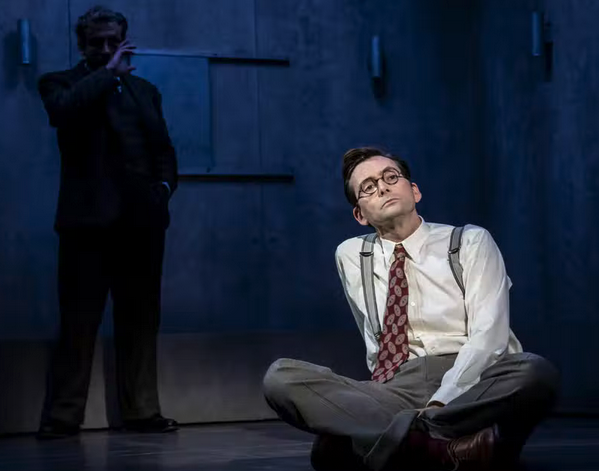Welcome to today’s edition of ShentonSTAGE Daily.
Bad pricing for GOOD
Critics don’t tend to pay much attention to ticket prices, as they don’t tend to buy tickets very often to the theatre. Instead, it’s one of the perks of the job that you’re accommodated, as a guest of the management, in what is usually a prime seat — perhaps on the aisle, for added comfort and ease of access — and without having to put any effort into online or actual box office queues, or having the “courtesy” of additional charges like restoration fees and ticketing “convenience”‘ service fees added to your order.
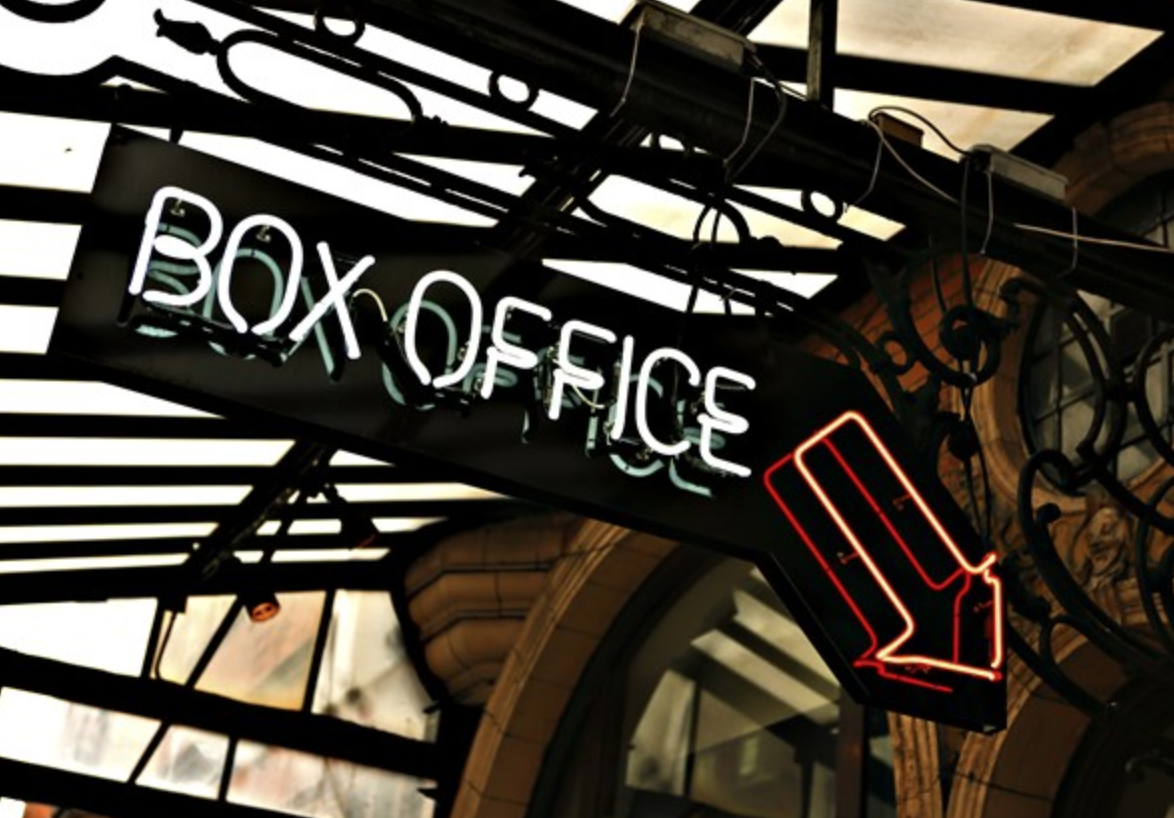
No wonder so many people are falling over themselves to declare that they’re critics — or at least ‘influencers’ — and getting themselves added to press night lists. (The more likely you are to offer unstinting praise, the quicker some press agents will add you, too).
This is not something I’ve ever taken for granted. Even now — or perhaps especially now — that I’m a self-published blogger, instead of representing a formal legacy media outlet — I realise that my access to press tickets is a privilege and not a right.
And yet I can’t exercise that privilege uncritically, or I’d be doing a disservice to you, my readers, and the industry itself which I seek to advocate for, the writers, actors and creative staff who make the theatre I love.
So I’ve not always made friends in that industry when I call out some robust truths. During the COVID crisis, for instance, I was relentless in calling for the industry to better protect those on both sides of the curtain by the imposition of properly enforced mask wearing (which SOLT and UK Theatre recommended, but never REQUIRED, until it was imposed by the government itself).
And today I’m going to go out on another limb, and calling out the West End for price gouging its audiences. We’ve already seen the extremes of a free market economy in action on Broadway, where tickets — dictated by the laws of supply and demand — no longer have set rates at all, but are ‘dynamically’ priced nowadays to whatever the market will bear. This means that box offices have started acting like the secondary market as touts on their own tickets, with prices for HAMILTON at the height of that show’s fever reaching $1000 a ticket, or fhe current THE MUSIC MAN starring Hugh Jackman, retailing at $600 and above each.
Where Broadway leads, the West End has now followed; and it isn’t confined largely to musicals, as is the case on Broadway. Plays, too, can carry a premium, as we saw first and most alarmingly with the limited run of COCK In the West End, which briefly starred Taron Egerton before he withdrew days into the run. But even without their headliner star, the producers Elliott Harper insisted on the premium nature of their offering — it still had hotshot young actor Jonathan Bailey in it — and as the run drew to a close and tickets became a lot sparser, upped their remaining prime seats from an already excessive £150 each to a dizzying £400 each. (After social media outcry, those prices were adjusted to a new top of £175, as The Guardian reported at the time).
At this week’s opening of the revival of GOOD, starring David Tennant, I read chatter on a bulletin board about the extortionate pricing, and as I sat in my prime stalls seat, I looked it up online: it retailed at a breathtaking £150. That’s if you could indeed find a stalls ticket: most of the 12-week run is already sold out; I could only buy that ticket for a performance just before Christmas.
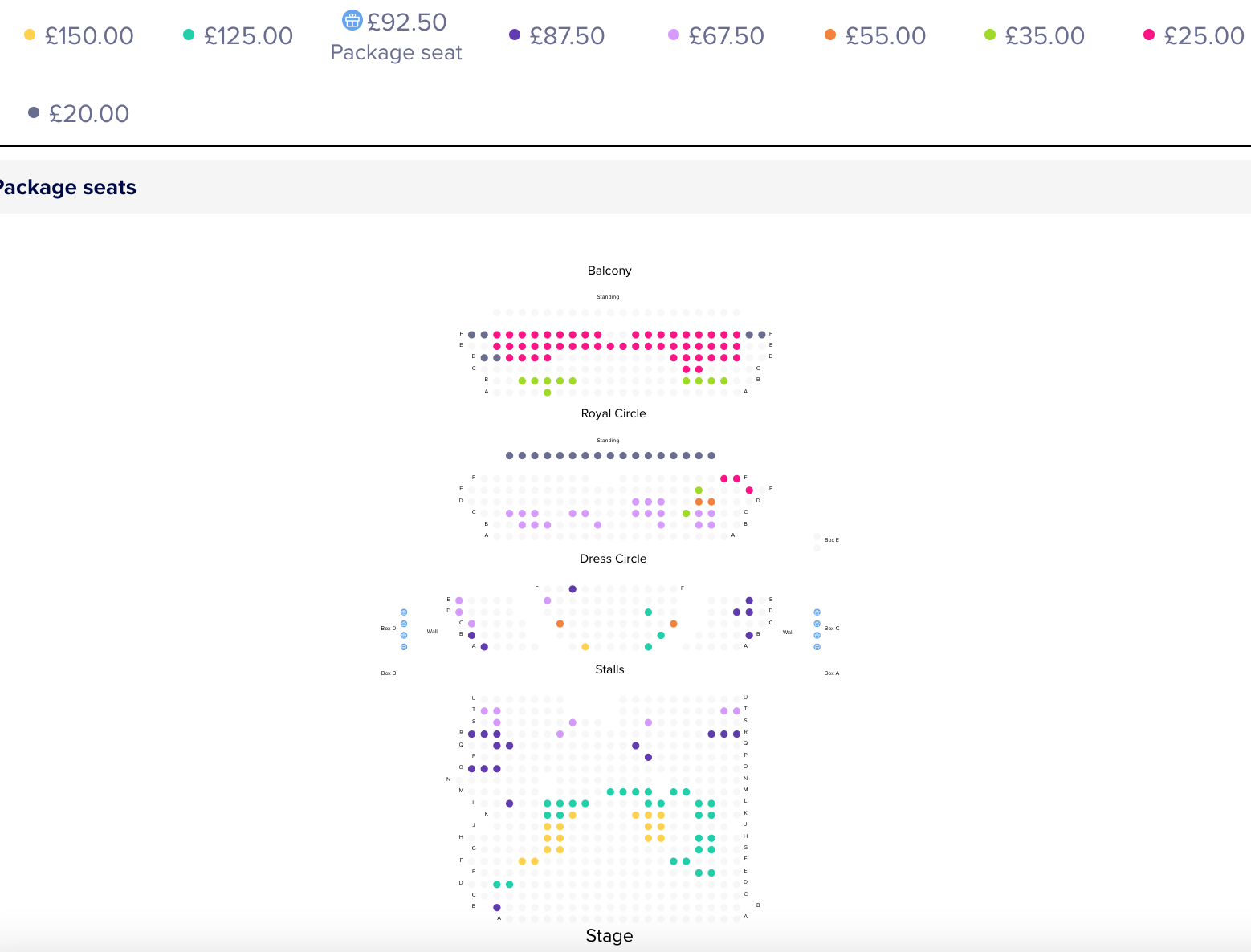
So, clearly, they are getting the prices asked. But at what price for the sustainability of theatre?
Are we following the Broadway model of making theatre now the preserve of the well-heeled — with a handful of cheaper tickets in the remote gallery for the “plebs” at £20? It may work in the short-term, attracting audiences who want to see the star; but theatre is being killed.
As veteran director Helena Kaut-Howson — a former artistic director of Theatr Clwyd — tweeted in reply to me,
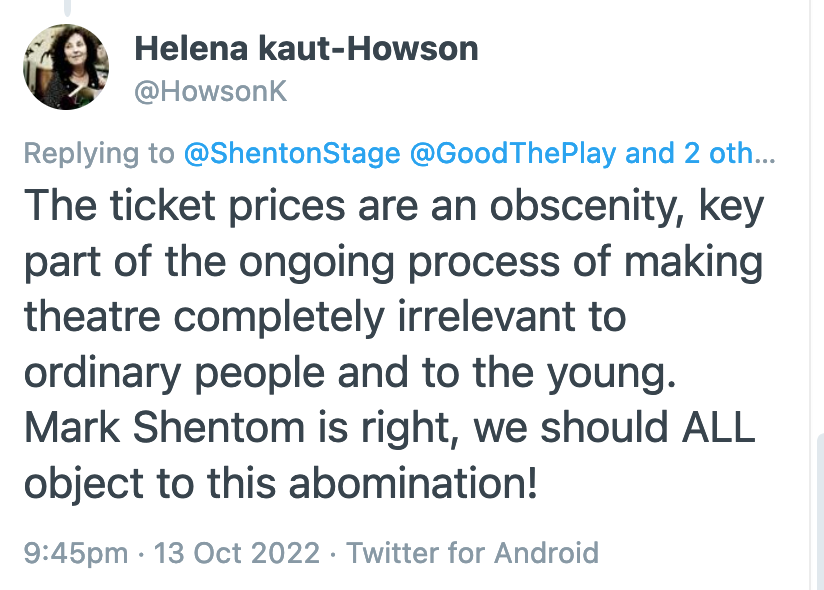
Apart from that, Mrs Lincoln, how was the play?
If the price gouging is a cause for serious discomfort, that feeling is also, of course, key to CP Taylor’s 1981 play, originally premiered by the RSC in 1981 at the Donmar Warehouse (when it was their London studio home), and last revived in London at the same address in 1999, when Michael Grandage directed a new production there.
It’s not a play that you’re invited to actually enjoy, but rather bear witness to: the slow but inevitable corruption of a man, a Frankfurt academic, who is gradually absorbed into the Nazi killing machine. Watching the slow-burning corruption and self-justifications he makes, even as his best (and only) friend, a Jewish man, finds his life under threat, is cruelly horrifying; and this scorchingly well acted staging from director Dominic Cooke, in the debut show of his new producing company Fictionhouse Ltd, contains it in a chillingly oppressive grey cell-like box.
David Tennant — an actor with known box office clout, as witness his fast-selling HAMLET for the RSC back in 2008 at the height of his Dr Who fame — is quietly magnificent as a man whose soul we watch being eroded; but I feel the soul of theatre slipping away when it is priced so unaffordably.
David Greig, Scottish playwright and artistic director of Edinburgh’s Royal Lyceum, asked me on Twitter:
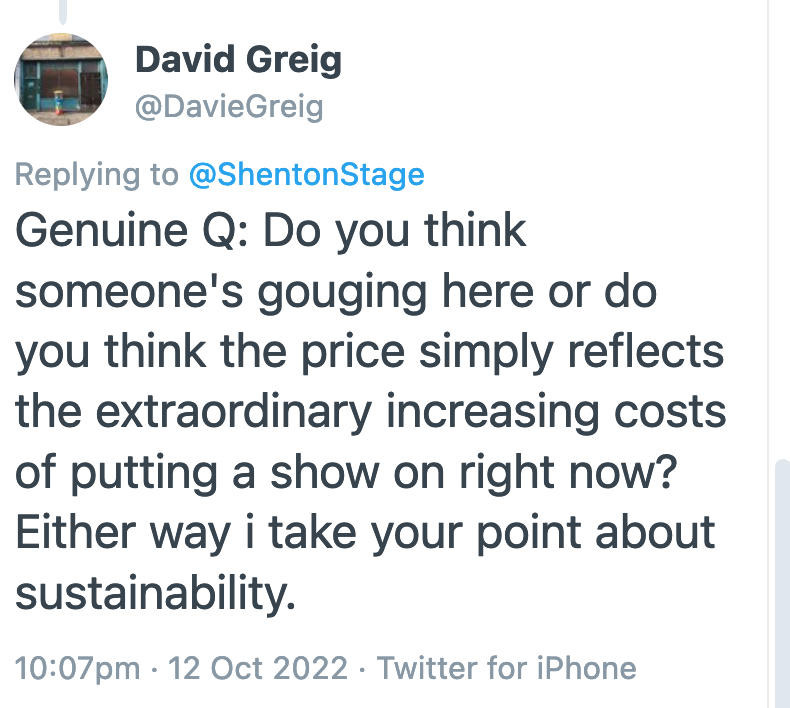
I replied:
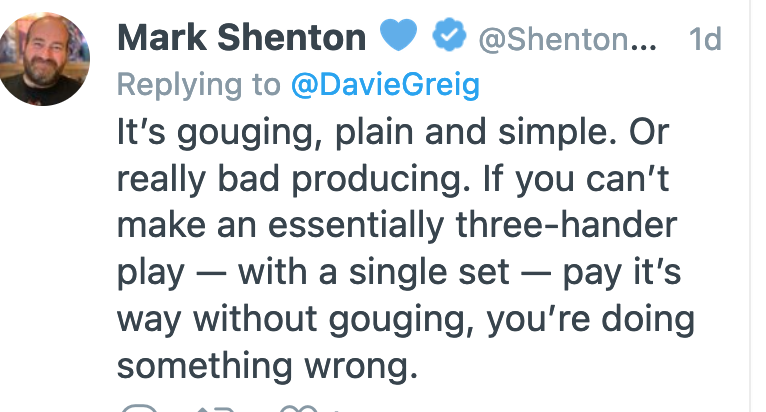
Doing some things right
One of the issues around GOOD is the need to capitalise, recoup and return a profit on a play in just a 12-week run; the age of the open-ended run for a West End play seems to be mostly long-gone. Just occasionally a play like CURIOUS DOG IN THE NIGHT-TIME or WAR HORSE will buck that trend; and right now, I’m delighted that LIFE OF PI is another, running at Wyndham’s.

I returned to see this wonderful, life-affirming piece of storytelling theatre yesterday, as a new cast has taken over and critics were invited back; his bold, brilliant stage adaptation of the book is thrilling storytelling, both epically theatrical & expansively cinematic in its sweep; like THE LION KING and WAR HORSE, the puppet animals seem to be alive!
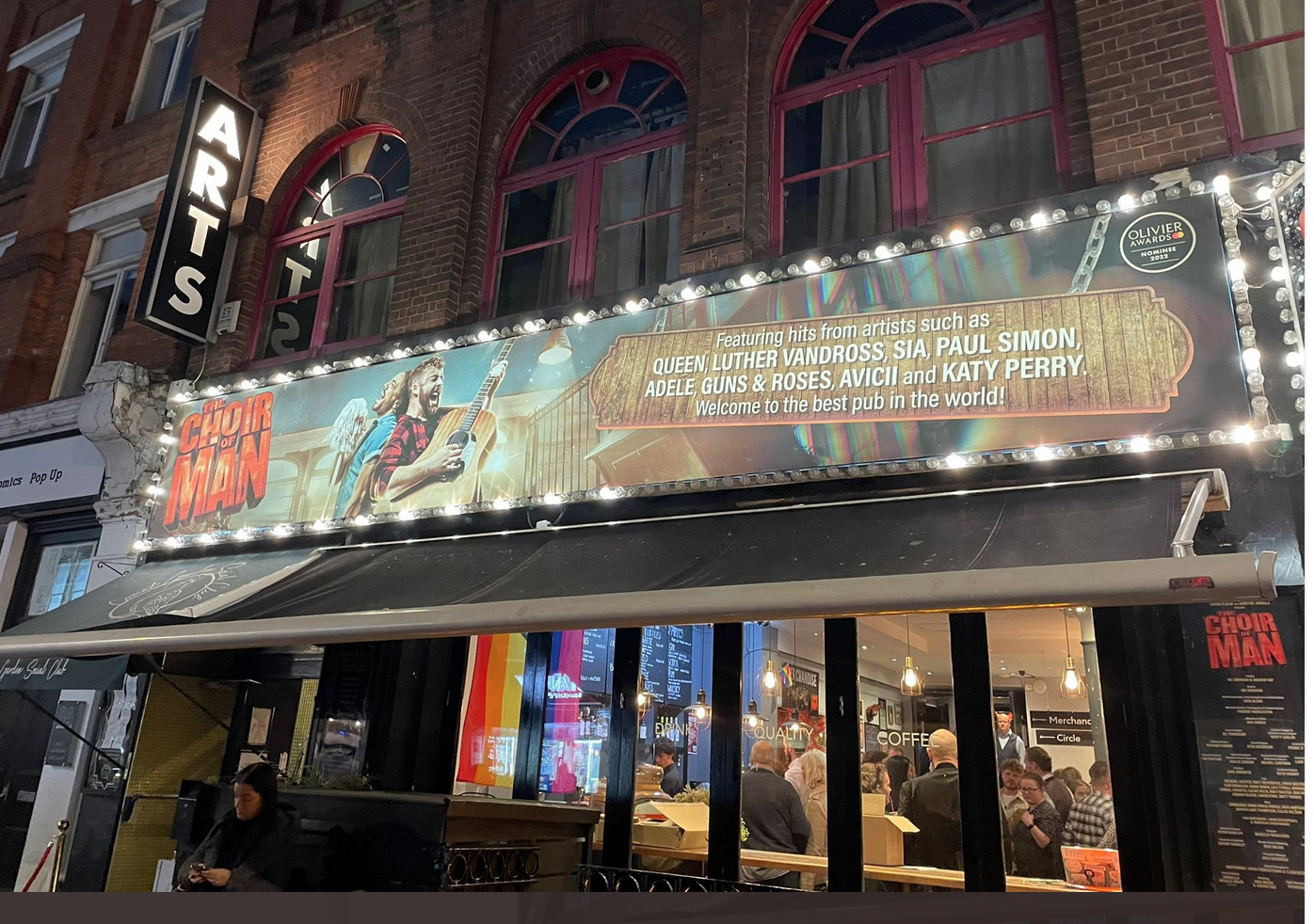
I also revisited THE CHOIR OF MAN, the 2017 Edinburgh Fringe sensation that is now on its second West End season at the Arts. It is an unpretentious, warm-hearted joy: like a combination of ONCE and MOULIN ROUGE, it is essentially a pub pop karaoke night but with better singers and a bigger heart.
OPENINGS IN LONDON, ON BROADWAY AND BEYOND
My regularly updated feature of openings in London, on Broadway and selected regional theatres is here: https://shentonstage.com/theatre-openings-from-w-c-october-10/
During the week, new season details have been added for the Donmar Warehouse, where plans include the UK premiere, at last, of Broadway’s NEXT TO NORMAL — a show I’ve been championing for many years now, and indeed I even had a meeting with its original New York producer David Stone a few years back in which I actually suggested the Donmar as a potential home for it. So I’m particularly glad it is now coming to pass.
SEE YOU ON MONDAY
I’ll be back here on Monday. If you can’t wait that long, I may also be found on Twitter here: https://twitter.com/ShentonStage/ (though not as regularly on weekends)

